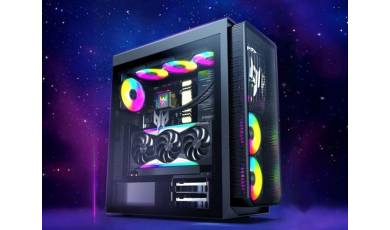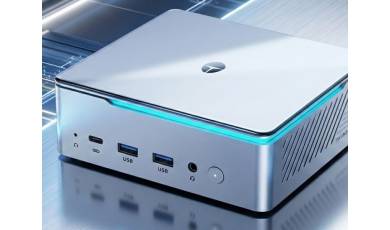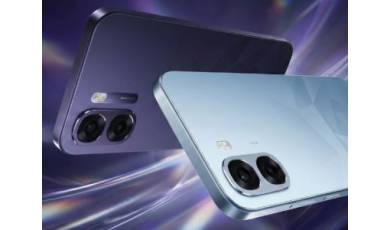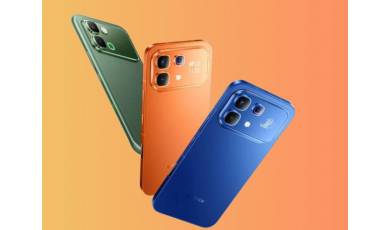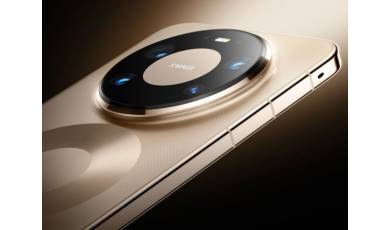Xiaomi 14 Civi specs.
Mobiles >> Xiaomi >> Xiaomi 14 Civi| Specifications | Reviews | Secret codes |
| Unlock phone | Root phone |
| Backup | Flash Firmware | Screenshot |
| Bypass Xiaomi Account Verification |
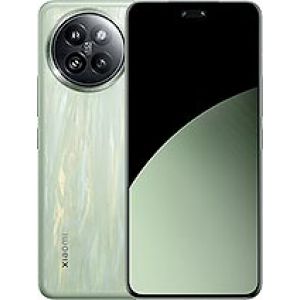
Basic Spec Xiaomi 14 Civi
Smart Phone OS: An operating system (OS) is software that interacts between a user and a smartphone.
An operating system (OS) is software that interacts between a user and a smartphone.
Android 14, HyperOS
Chipset: Is a set of chips in the smartphone that control the CPU.
Is a set of chips in the smartphone that control the CPU.
Qualcomm SM8635 Snapdragon 8s Gen 3 (4 nm)
CPU: Central processing unit
Central processing unit
Octa-core (1x3.0 GHz Cortex-X4 & 4x2.8 GHz Cortex-A720 & 3x2.0 GHz Cortex-A520)
GPU: Graphics Processing Unit
Graphics Processing Unit
Adreno 735
Display Xiaomi 14 Civi
Type:
AMOLED, 68B colors, 120Hz, Dolby Vision, HDR10+, 3000 nits (peak)
Screen Size: This diagonal display size is usually measured in inches.
This diagonal display size is usually measured in inches.
6.55 inches, 103.5 cm2 (~90.4% screen-to-body ratio)
Screen Resolution: Screen resolution refers to the size of the image received on the screen in pixels
Screen resolution refers to the size of the image received on the screen in pixels
1236 x 2750 pixels, 20:9 ratio (~460 ppi density)
Protection:
Corning Gorilla Glass Victus 2
Storage Xiaomi 14 Civi
Card slot:
No
Internal:
256GB 8GB RAM, 512GB 12GB RAM Random Access Memory
Random Access Memory
Main Camera Xiaomi 14 Civi
Triple camera:
50 MP, f/1.6, 25mm (wide), 1/1.55", 1.0µm, PDAF, OIS
50 MP, f/2.0, 50mm (telephoto), 0.64µm, PDAF, 2x optical zoom
12 MP, f/2.2, 15mm, 120˚ (ultrawide), 1.12µm
50 MP, f/2.0, 50mm (telephoto), 0.64µm, PDAF, 2x optical zoom
12 MP, f/2.2, 15mm, 120˚ (ultrawide), 1.12µm
Features:
Dual-LED flash, HDR, panorama, Leica lenses
Video:
4K@24/30/60fps, 1080p@30/60/120/240/960fps, 720p@1920fps, gyro-EIS
Selfie camera Xiaomi 14 Civi
Dual:
32 MP, f/2.0, 26mm (wide), 1/2.8", 0.8µm, AF
32 MP, f/2.4, 100˚ (ultrawide), 1/2.8", 0.8µm
32 MP, f/2.4, 100˚ (ultrawide), 1/2.8", 0.8µm
Features:
HDR
Video:
4K@30fps, 1080p@30/60fps; gyro-EIS
Sound Xiaomi 14 Civi
Loudspeaker:
Yes, with stereo speakers
3.5mm jack:
No
Network connectivity Xiaomi 14 Civi
Technology:
GSM / HSPA High Speed Packet Access / LTE / 5G
High Speed Packet Access / LTE / 5G
2G: Second generation cellular network
Second generation cellular network
GSM 850 / 900 / 1800 / 1900 - SIM 1 & SIM 2
3G: Third generation cellular network
Third generation cellular network
HSDPA High-Speed Downlink Packet Access 800 / 850 / 900 / 1700(AWS) / 1900 / 2100
High-Speed Downlink Packet Access 800 / 850 / 900 / 1700(AWS) / 1900 / 2100
4G: Fourth generation cellular network
Fourth generation cellular network
1, 3, 5, 8, 28, 40, 41
5G:
1, 3, 5, 8, 28, 40, 41, 78 SA/NSA
Speed:
HSPA, LTE, 5G
WLAN: Wireless Local Area Network
Wireless Local Area Network
Wi-Fi 802.11 a/b/g/n/ac/6, dual-band, Wi-Fi Direct
Bluetooth: Bluetooth is used to exchange data between nearby mobile devices.
Bluetooth is used to exchange data between nearby mobile devices.
5.4, A2DP, LE
Positioning:
GPS, GLONASS GLObal NAvigation Satellite System, GALILEO
GLObal NAvigation Satellite System, GALILEO European Global Navigation Satellite System, BDS, NavIC
European Global Navigation Satellite System, BDS, NavIC
NFC: Near field communication
Near field communication
Yes
Infrared port:
Yes
Radio:
No
USB: Universal Serial Bus
Universal Serial Bus
USB Type-C 2.0, OTG
Phone features Xiaomi 14 Civi
Sensors:
Fingerprint, accelerometer, gyro, proximity, compass
Battery Xiaomi 14 Civi
Type:
Li-Po 4700 mAh, non-removable
Charging:
67W wired, PD3.0, 100% in 40 minutes (advertised)
Size Xiaomi 14 Civi
Dimensions:
157.2 x 72.8 x 7.5 mm or 7.8 mm
Weight:
177.6 g or 179.3 g (6.28 oz)
Build:
Glass front (Gorilla Glass Victus 2), glass back or silicone polymer back (eco leather), aluminum frame
SIM:
Dual SIM (Nano-SIM, dual stand-by)
Comments, Questions and Answers about Xiaomi 14 Civi
Ask a question about Xiaomi 14 Civi

